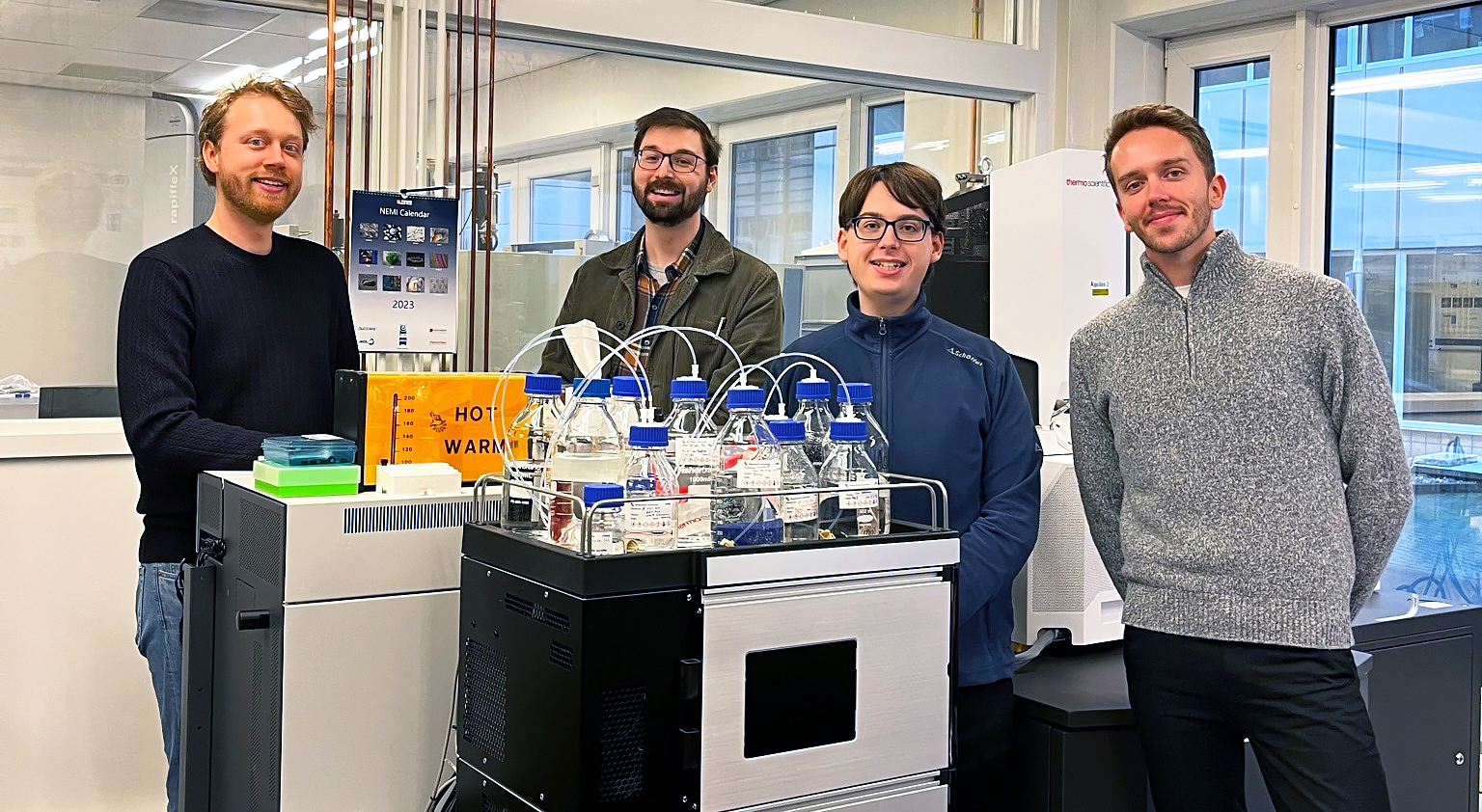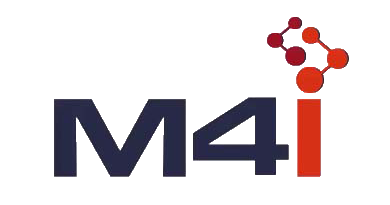Imaging instrumentation
Our group is working to build the imaging mass spectrometer of the future with higher throughput, higher spatial resolving power, higher mass resolving power, better ease-of-use, lower cost, and higher quality of chemical information than current mass spectrometry imaging instruments.
We will use novel instrument upgrades, data processing, and sample preparation to target each of these six areas. Currently our group is focused on three projects, each centered around a unique instrument that goes beyond-state-of-the-art in one or more of the six areas:
1) Higher throughput and better ease-of-use: Development and improvement of Fast Mass Microscopy. Fast mass microscopy is a mass spectrometry imaging technique developed by our group that dramatically speeds up current state-of-the-art mass spectrometry imaging between 1,000 to 10,000 times. With it, we can image something that would otherwise take a full year in under half an hour. For more information on the fast mass microscopy technique see: Körber, A., Keelor, J. D.; Claes, B. S. R.; Heeren, R. M. A.; Anthony, I. G. M. “Fast Mass Microscopy: Mass Spectrometry Imaging of a Gigapixel Image in 34 Minutes” Anal. Chem. 2022, https://doi.org/10.1021/acs.analchem.2c02870 .
2) Higher quality of chemical information and higher spatial resolving power: Development of a SIMS-timsTOF fleX instrument. Most mass spectrometry imaging of biomolecules uses lasers, but ion beams can also be used. By using both lasers and ion beams, we can extract more information from surfaces, such as biological tissue sections.
3) Higher spatial resolving power and mass resolving power: A project involving very high spatial and high mass resolution multimodal mass spectrometry imaging. Materials have not been presented publically for this project yet.
Research group members

